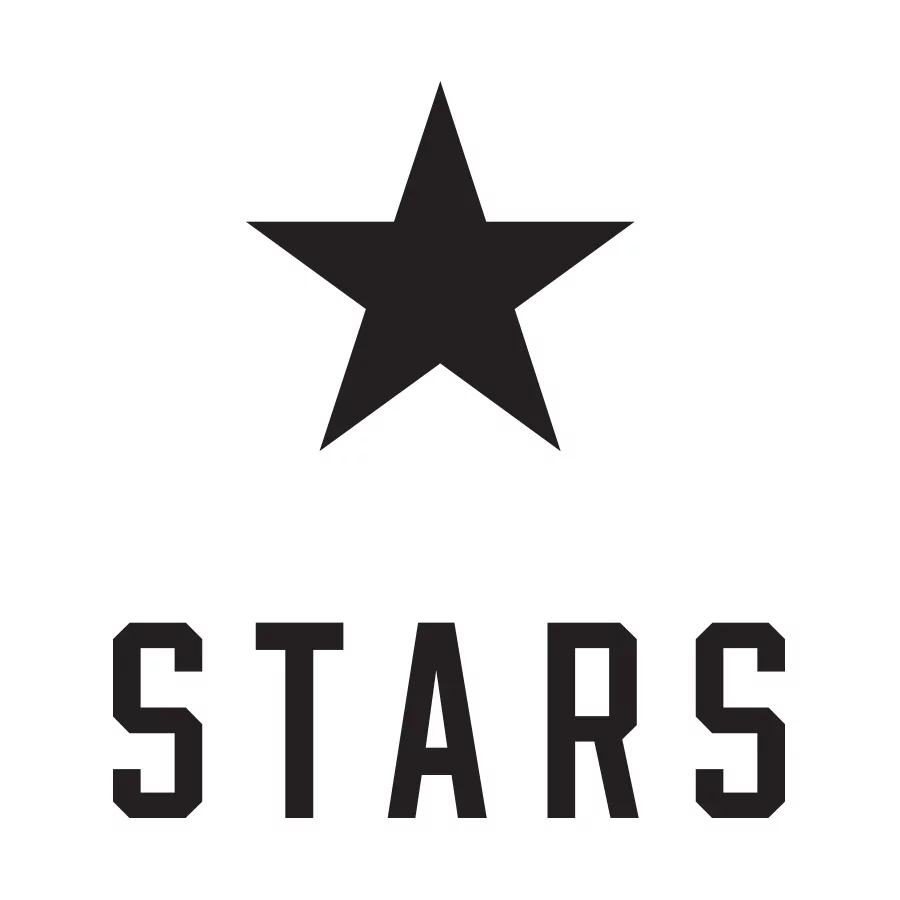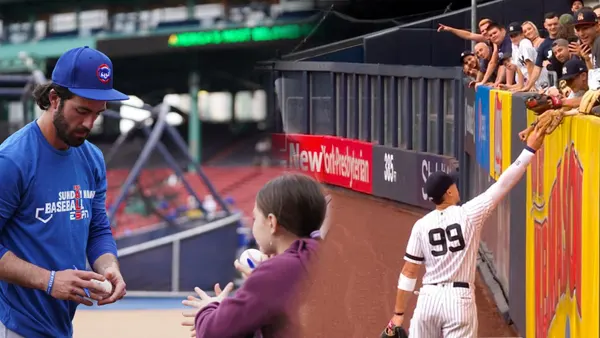May 1, 2024 – Commercials, jersey patches, signs on stadium walls. We’ve all seen the various ways in which brands — across numerous industries — leverage the popularity of America’s favorite pastime to showcase their value to fans.
Last fall, Rolling Stone demonstrated the key reasons why Major League Baseball (MLB)presents marketing opportunities to brands that no other professional sport in the United States can offer.
That’s right, baseball holds immense power.
Therefore, in order for brands to create maximum value, they must remain dedicated to the fans that walk through the gates of every MLB stadium.
And that’s where Nashville is strong.
When analyzing Major League Baseball’s most loyal and most valuable fan demographics, Nashville not only outpaces the national average in many areas, but also excels as one of the top markets for professional sports in the United States.
Rolling Stone released data from a report by Playfly Sports and Vision Insights, which revealed that Major League Baseball ranks second among major professional sports with more than 171 million fans, but MLB outpaces all other leagues in fans under 18 years old. The connection is clear: According to the report, 70% of MLB fans (118.8 million) became fans of their favorite team before they turned 18 years old. The report also points out that nearly 40% of MLB fans first became fans because they played baseball or softball — often through Little League — as children. The league has noticed, and subsequently has invested heavily in youth leagues to promote its brand more prominently.
So how does Nashville stack up with these fans? The median age of the Nashville market — 36.8 years — is 1.7 years younger than the national average of 38.5 years. Looking at the youth segment in particular, Nashville likewise outpaces the national average in the percentage of its population that is younger than 14 years old (Nashville: 18.8%, national average: 18.2%) and younger than 18 years old (22.7% vs. 22.1%), as well as the share of the population comprised by young families (21.6% vs. 19.8%). As Major League Baseball continues its focus on youth, that investment will be worth plenty in Music City.

